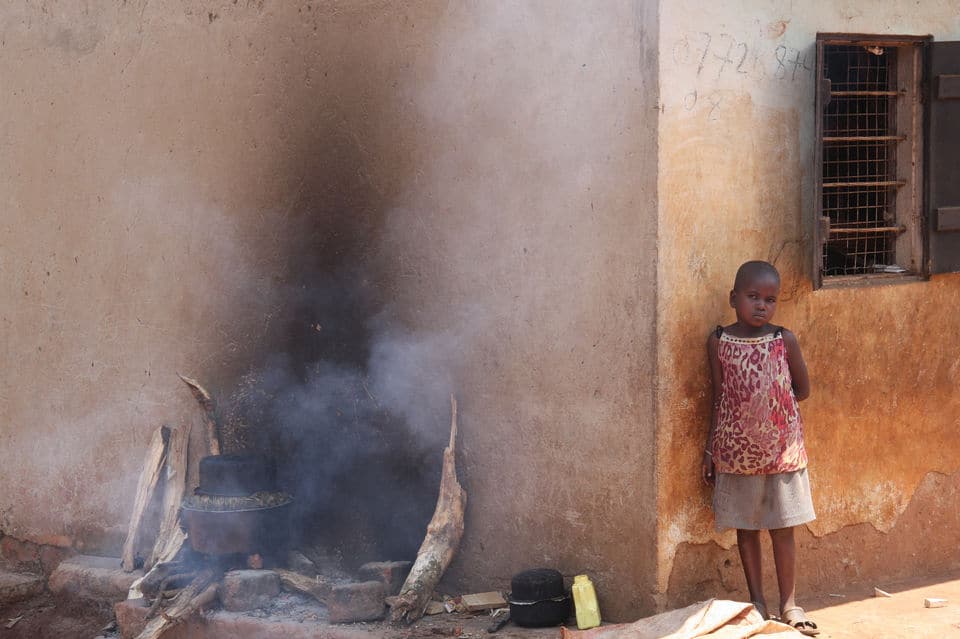News stories often link what’s on our plate to cancer, suggesting some foods help protect us from harm while others put us in greater danger. But millions of people around the world face a deadly threat every time they cook a meal.
Hundreds of thousands are killed every year by lung cancer linked to dangerous emissions from cooking on open fires or inefficient cookstoves burning wood, charcoal or coal. Women are most at risk.
The lung cancer threat is just one reason cleaner cookstoves save and transform lives. Right now, pioneering organisations are helping families move from polluting cookstoves and fires to safer models. But these innovators need urgent support.
Cookstoves and cancer – the facts
Every year 3.8 million people are killed by smoke from polluting cooking methods, and about 8% of these deaths – roughly 300,000 – are a result of lung cancer. In total, about 17% of adult lung cancer deaths are caused by cooking-related household air pollution. Globally, women are more likely to prepare food than men, so they face a much greatest risk.
Safer cookstove designs are better insulated and burn fuel more efficiently (both improvements cut the amount of fuel burned), or use chimneys to remove smoke from the home. They can also help people switch to cleaner burning fuels, like briquettes made from biological waste such as sawdust and coconut shells.
We’ve given Ashden Awards to a number of clean cooking innovators around the world:
- In Kenya, the Jikokoa stove from BURN Manufacturing cuts smoke and soot by 60% compared to traditional local alternatives.
- In India, a smart stove from Greenway Appliances saves users (normally women) two or three hours of wood collecting time a week – and roughly US$90 per year.
- In Cambodia, Sustainable Green Fuel Enterprises has turned coconut shells into clean-burning charcoal.
Despite this progress, more than 3 billion people around the world still depend on food cooked over open fires and inefficient stoves.

27 Jun | News
Better Health, Brighter Futures
Read more
How can we spark a clean cooking revolution?
Cleaner cooking options do exist – but we have to make sure people, including the very poorest, can find and afford them. Governments and funders can do this by investing in distribution networks, backing innovative customer financing options and supporting smarter payment methods like pay-as-you-go.
Governments should also take away subsidies for polluting fuels such as kerosene, and think about cutting taxes on the cleanest, greenest cooking products. And more work is needed to make sure new stoves are bringing maximum health benefits.
Finally, we need to promote the power of clean cooking at every level – from global health summits to the villages where lives are cut short by fires and dangerous, old fashioned stoves.
With the right support, clean cooking innovators can make headlines protecting and improve lives around the world.
See the organisations nominated for the 2019 Ashden Award for clean cooking

